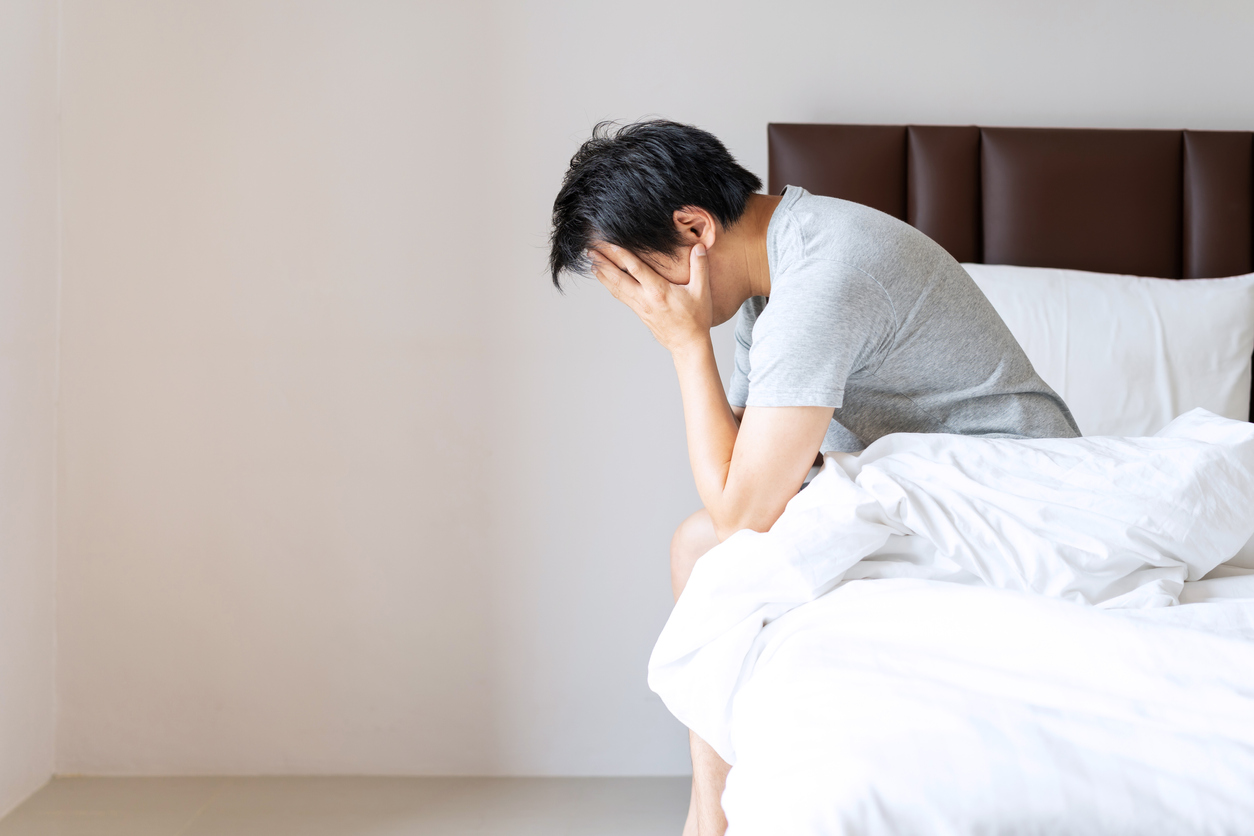
Challenges in Care for Erectile Dysfunction: Holistic Psychosexual Treatment Approach and Efficient Sexological Counseling — Part 1
Sexual pleasure and satisfaction do not depend on aspects of the body, ability, or skill level. Everyone can develop abilities to enjoy sexual functioning and fulfilling sexual intimacy.
Erectile dysfunction treatment today is most commonly not cause-specific due to moving from the medical treatment model of ED to the bio-psycho-social treatment model. (1, 2)
Many men prefer a person-centered approach over medical diagnosis in a clinical framework. (3)
How do you stay motivated in psychosexual therapy?
- Engaging in sexual activity by dropping the all-or-nothing thinking to the ”good enough” principle.
- Move from performance-based sex to pleasure-based sexual activities because, without pleasure, one is unlikely to repeat the behavior (sexual pleasure and motivation –theory). (4)
- Focus on physical sensations to promote a relaxed ebb and flow of sexual arousal, with or without an erection. This approach forces the couple to be creative, explore one another, and communicate.
- Focus on supporting sexual self-esteem by moving away from goal-oriented performing via evidence-based sexuality education.
- When the couple is motivated by pleasure and intimacy, they must be willing to look at their relationship in general. Are they connecting emotionally? Are they satisfied with the frequency? Are they pleased with the quality and variety?
- Low motivation? It is vital to discover possible depression and anxiety.
- Depression and anxiety symptoms are managed by lifestyle changes (stress management), particularly proper sleep and physical activity, talk therapy, and sometimes via non-SSRI and non-SNRI medication.
- Family-related stress and exhaustion may be better managed when fathers contribute by taking on their fair share of housework. Several studies’ findings suggest that men doing more household chores enjoy more frequent sex and greater satisfaction with the frequency. (5)
The practitioner motivates the client by giving feedback after each consultation and treatment:
- What is going well? What needs work? Where to go next (multidisciplinary team: psychosexual therapist, pelvic floor physiotherapist, dietician, couple’s counselor, etc.)
- Support on committing to the sexuality therapy for some time, open-ended or 5-10 consultations, or you might risk losing some of the improvement you have made this far.
- Support multidisciplinary easy navigation in the practice.
What does a holistic approach to Erectile Dysfunction management look like?
A comprehensive, integrative, and multidisciplinary approach to ED integrates data from physical, psychological, psychosexual, and bio-psycho-social evaluations.
A multidisciplinary team may have a urologist andrologist, an endocrinologist, a physician, a pharmacist, a psycho-sexologist, a sexuality therapist, a couple-family therapist, a psychologist, a psychiatrist, gynecologist, a trauma-informed therapist, and a pelvic-floor physiotherapist—also, a dietician-nutritionist-health coach, an anti-aging specialist, and a personal trainer.
Somatic wellness and therapy modalities can manage sexual performance anxiety by supporting the mind-body connection by ”moving from the head to feeling and sensing” via embodiment modalities such as breathwork, dance, yoga, somatic bodywork, and EMDR.
References
1. Andersen et al. 1999.
2. Rowland et al. 2016.
3. Sagar-Ouriaghli I, et al. Am J Men’s Health. 2019;13(3):1557988319857009
4. Lori Boul, et al. Sexual Pleasure and Motivation. 2009. Journal of Sex and Marital Therapy
5. Johnson et al., 2013. The University of Alberta. Skip the Dishes? Not so Fast! Sex and Housework Revisited. Journal of Family Psychology. 2015.
Christina Lindea Saarinen
Psychosexual and relationship therapist



